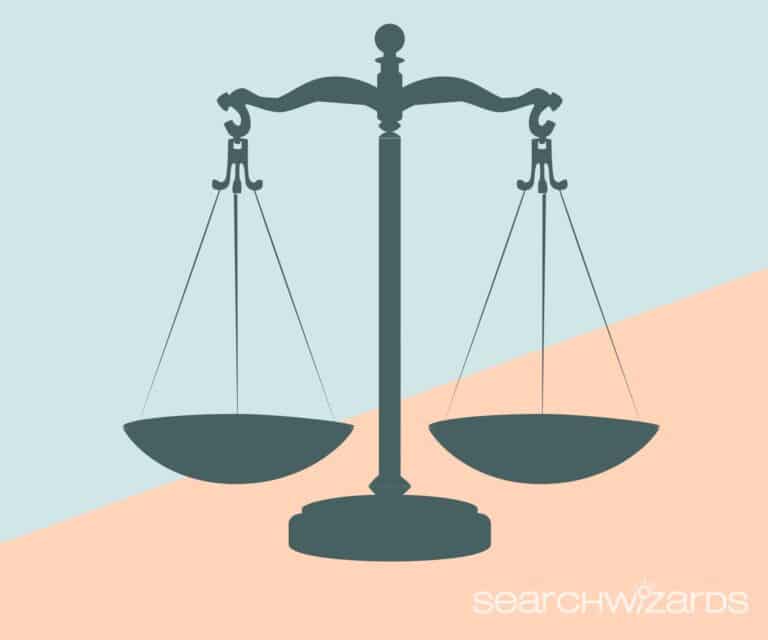The human brain is amazing, but it has its limits. As reported recently by Forbes, the average person’s brain takes in 11 million bits of information every day. But it can consciously process only 40 bits, so 99.9 percent of that data is processed at an unconscious level.
Whirling around in all that processing stuff can be unconscious bias, defined as “the science of unconscious mental process that has a substantial bearing on discrimination law.”
As a responsible, equitable employer, it’s your goal to avoid bias of any kind when hiring. Otherwise, the consequences may be severe. And when all is said and done, it comes down to doing the right thing – for your business, your people, and the wider global community.
Even Positive Bias Can be Wrong
Unconscious or implicit bias can happen even when you have the best intentions in mind. For instance, you may interview Candidate A, who graduated from your university and, on top of that, also shares your love of professional soccer. They’re equally as qualified as Candidate B, but shoot, you just didn’t feel that sense of “sameness” with their competitor. And bam, there it is. You were thinking, “what a great match.” But you might want to think again.
Types of Unconscious Bias
Unconscious bias can lead to unfair, inaccurate judgments or overlooked talent, as well as discrimination. It can surface as:
- Conformity bias: when in a group interview setting, people are influenced by a common view of the group.
- Affinity bias: where you unconsciously prefer people who share certain qualities with you or with someone you like. Your brain registers them as familiar and relatable, even though they may not be best for the job.
- Gender bias: Stereotypical views of gender are an unfortunate reality. There may be an unconscious perception, for example, that men are better with numbers or that women are not as serious about their careers.
How to Steer Clear of Bias
Everyone carries biases. It’s up to you to make an ongoing effort to eliminate them from your hiring process. Here are a few steps you can take:
- Write inclusive job descriptions. Use gender-neutral language. Consider name and gender blind reviewing resumes. Researchers at Princeton and Harvard found that blind auditions increased the likelihood that an orchestra would hire female musicians by 25 to 46 percent. The same concept applies here.
- Have a diverse hiring committee. To help avoid affinity bias, bring diverse views into your recruitment process.
- Set concrete interviewing criteria. Develop structured, task-based interviews, the outcomes of which can be easily and objectively measured. Use standardized templates to ensure that each candidate is assessed based on the same criteria.
- Make sure each candidate is evaluated objectively. Write down your initial impression of a candidate and then assess your own biases. Did you assume that the male applicant would be more capable? Do you think attractive salespeople are more likable and, therefore, better at their jobs? Then, reconfigure your first impression based on this honest evaluation.
Learn More About Avoiding Hiring Bias
For additional guidance on avoiding hiring bias, consider partnering with Search Wizards. Our sole focus is on talent management recruitment, and our expertise in fine-tuning hiring techniques, tools, and processes is unparalleled. Contact us today to learn more.



